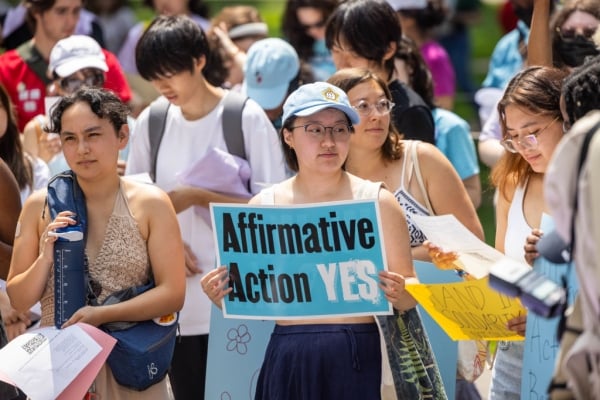Despite the ban on affirmative action, many applicants for jobs and educational opportunities still face the same obstacles and challenges that have plagued them for years. While affirmative action was intended to level the playing field and provide opportunities for those who have historically been disadvantaged, its repeal has not brought about the change that many had hoped for.
In many industries and academic institutions, the lack of affirmative action has resulted in a return to “business as usual” for applicants. This means that those from marginalized communities still face discrimination and bias in the hiring process, as well as unequal access to educational opportunities.
One of the major ways in which the repeal of affirmative action has affected applicants is in the hiring process. Studies have shown that without affirmative action policies in place, job applicants from minority backgrounds are less likely to be considered for positions, even if they are equally qualified as their white counterparts. This perpetuates systemic inequality and makes it difficult for individuals from marginalized communities to advance in their careers.
Similarly, in the educational realm, the lack of affirmative action has led to a decrease in diversity on college campuses. Without policies in place to promote diversity and inclusion, students from underrepresented groups are less likely to be admitted to top universities. This not only limits their opportunities for academic and professional success, but also perpetuates the cycle of inequality in higher education.
Additionally, the repeal of affirmative action has had an impact on the overall perception of diversity and inclusion in society. Without policies in place to promote diversity, many individuals from marginalized communities feel that their experiences and perspectives are not valued or represented. This can lead to feelings of isolation and marginalization, further perpetuating the cycle of inequality.
Despite the ban on affirmative action, it is clear that there is still much work to be done to address systemic inequality and discrimination in society. It is crucial for businesses and academic institutions to implement their own diversity and inclusion initiatives to ensure that all applicants have an equal opportunity to succeed. Additionally, policymakers must work to create legislation that promotes diversity and equality for all individuals, regardless of their background.
In conclusion, despite the ban on affirmative action, it is clear that applicants are still facing many of the same obstacles and challenges that they have in the past. It is crucial for society as a whole to work towards promoting diversity and inclusion in order to create a more equitable and just society for all individuals. Only then can we truly move beyond “business as usual” for applicants.


